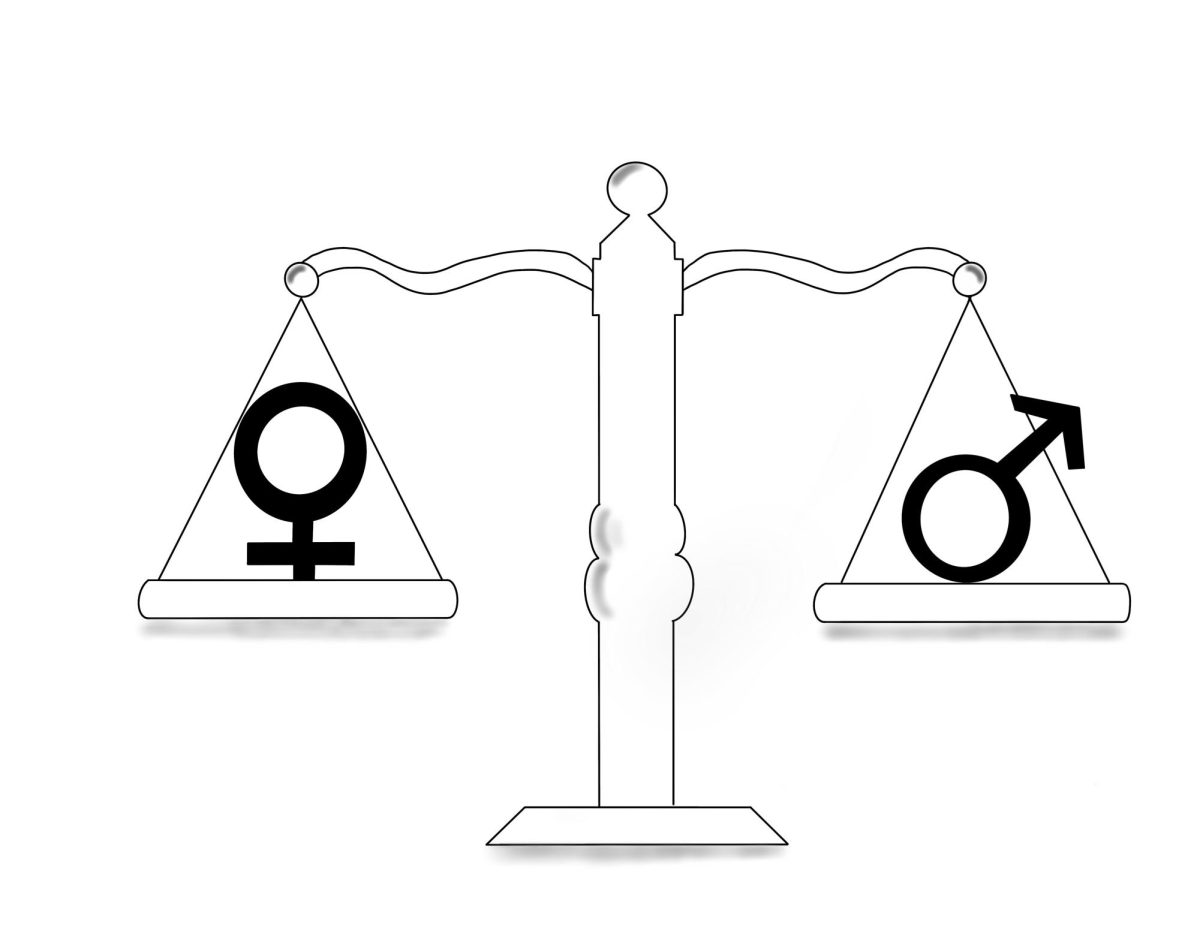Does Juvenile Hall actually help to improve the behavior of minors who break the law? Although the delinquency rates at both the Marin County and Alameda Juvenile Hall facilities have decreased over the years, minors don’t always leave for good.
This is not just an issue for Marin County, according to the California Division of Juvenile Justice, 70 percent of state-committed youth are rearrested within two years of release from correctional facilities.
Steven Blair, superintendent of Marin County juvenile hall, said that one of his main focuses is working with what he said he thinks are high rates of repeat offenders at his facility.
“We try to work as best we can with the repeat offenders and sometimes it works and sometimes it doesn’t, but we never give up,” Blair said.

Recidivism, which is the rate at which minors return to Juvenile Hall, isn’t just a local issue, as the rate runs strikingly high rate throughout the state.
Boe Elizabeth Roberts, a psychotherapist whose private practice is based in Mill Valley, also works with minors under foster care, many of whom have been to Juvenile Hall.
“Most of the kids I’ve worked with who are on probation end up back on probation really soon after,” Roberts said. “The rates of recidivism are shockingly high.”
Roberts also said that the youth she has worked with who have been to Juvenile Hall didn’t see it as a beneficial experience.
“The kids that are angry and don’t care, and struggle with drug and alcohol addictions are pissed off enough that Juvenile Hall doesn’t work with them are on it,” Roberts said. “Juvenile hall isn’t necessarily affecting their behaviors at all.”
According to a 2006 report from the U.S. Department of Justice, those who have committed crimes in the past are more likely to repeat them again than first time offenders. The study also stated that minors who commit crimes at a younger age are more likely to repeat them than those who are 15 years old or older.
On a national level, adolescents who have only broken the law once before are 40 percent more likely to break it again, compared to those who have broken the law two or more times, who have a recidivism rate of 60 percent. Minors 14 or younger who have broken the law at least once have a 75 percent chance of breaking the law again.
Kevin Lynch, director of the juvenile services department at Marin County’s probation department, said that working with repeat criminal offenders is one of his highest priorities.
“There’s a core population group of youth that we are very concerned about, that are not getting better, and that’s the population that we are most concerned about,” Lynch said. “That’s the population that frankly spends the most time in our juvenile hall, and that we spend the most time working with as probation officers in the community.”












